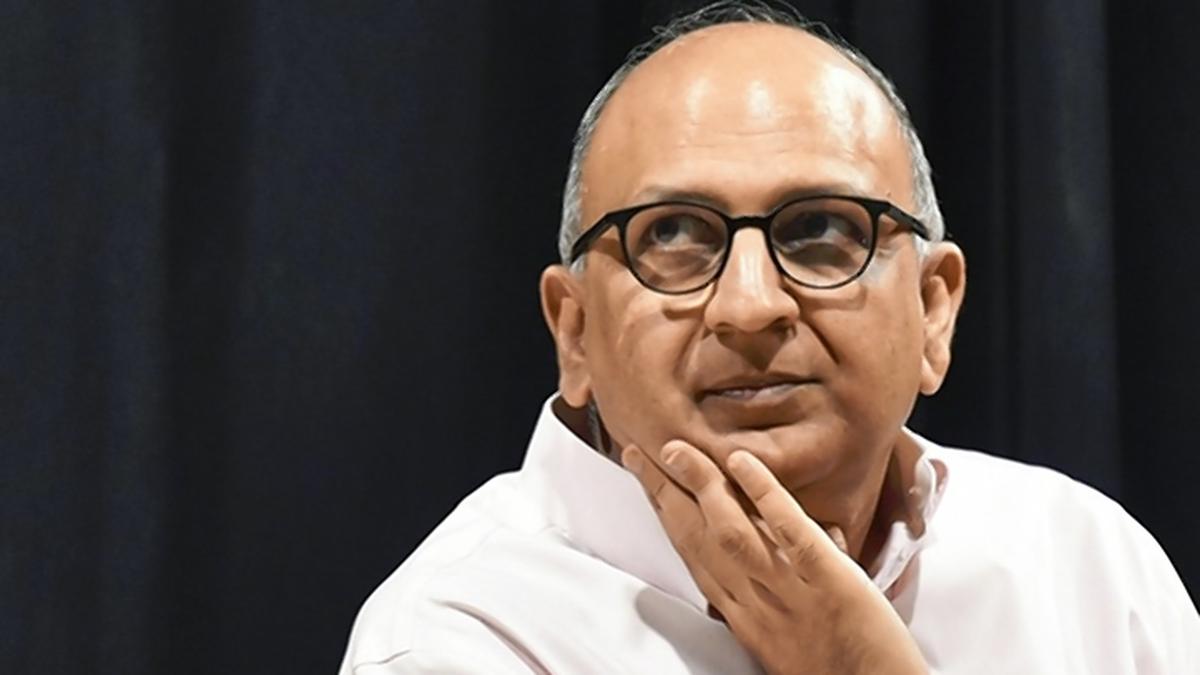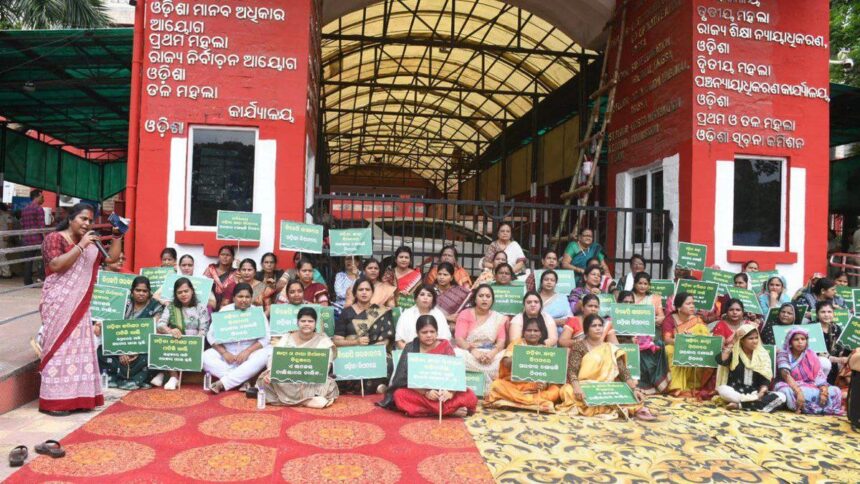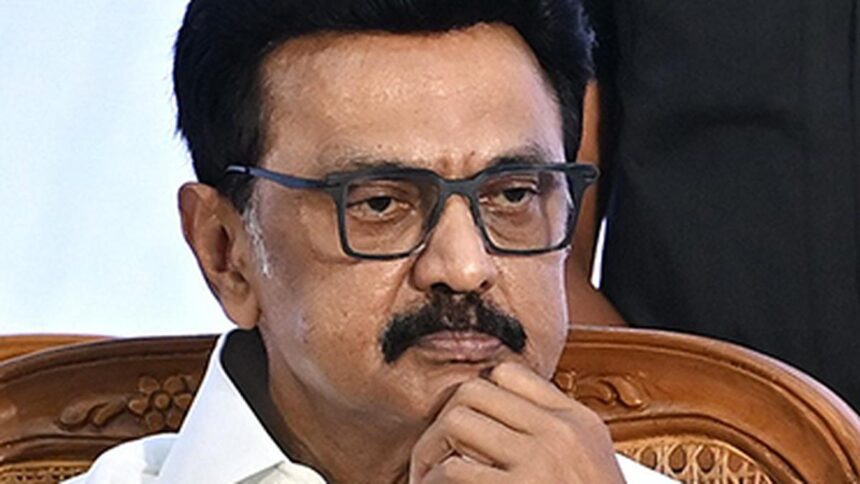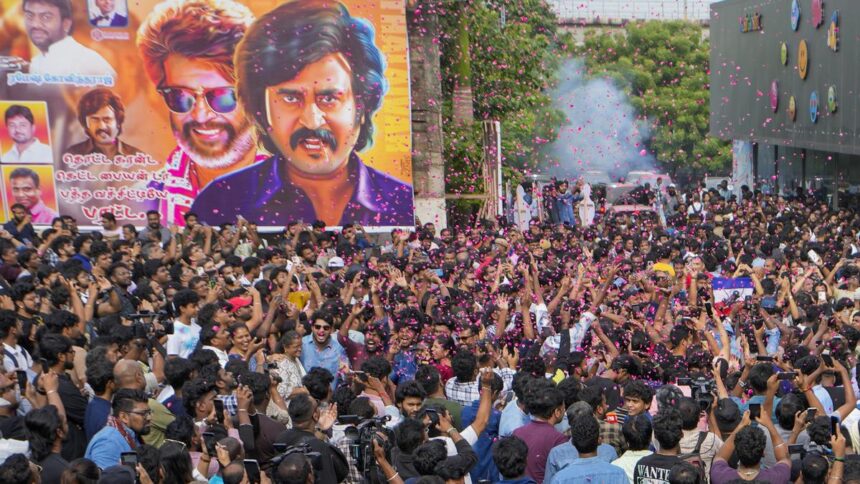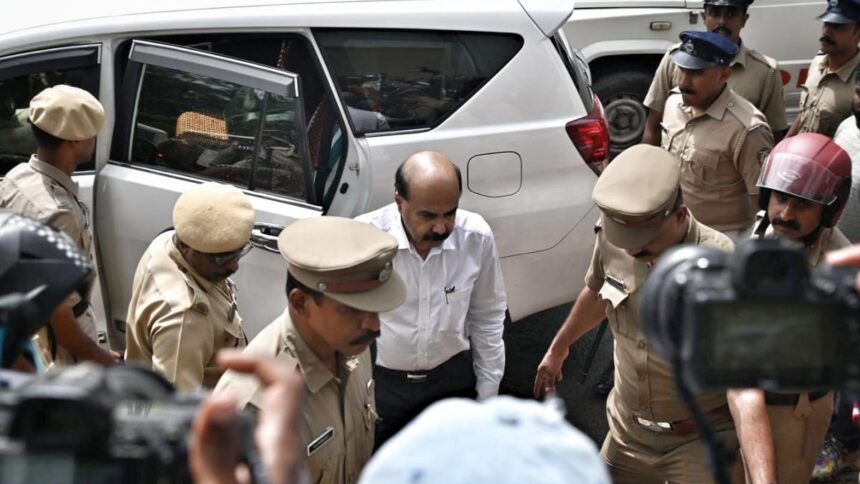
Pratap Bhanu Mehta. File
| Photo Credit: The Hindu
The India Vision for 2047 lecture on Sunday (August 24, 2025) by the academic Prof. Pratap Bhanu Mehta has stressed focusing on critical issues like poverty, authoritarianism, communalism, and the ecological crisis as opposed to lofty planning.
His lecture on India’s Vision for 2047 offers a broad reflection on the country’s future, urging fresh thinking to address challenges of democracy, governance, and civilisational identity as India approaches 100 years of independence.
The D. S. Borker Lecture Series on ‘My Vision of India: 2047 A.D.’ is a civil society initiative and was instituted in 1999.
The lecture noted that while several visions for 2047 already exist, they often overlook urgent realities. It highlighted three core perspectives: relieving human suffering, attaining developed nation status through visionary leadership, and upholding constitutional values of liberty, equality, and fraternity. Elaborate planning documents, the speaker argued, are inadequate if issues such as poverty, communalism, authoritarianism, and ecological devastation remain unaddressed.
A key concern raised was the collapse of meaning and communication in democracy. He stressed that civic life depends on sincerity, shared facts, and reasoned debate. Without restoring these basics, it warned, democracy cannot flourish.
Party based competition
On governance, the speaker pointed to the limitations of party-based competition, which is increasingly marred by partisanship and contradictions. The lecture called for a new institutional imagination — structures that promote negotiation and problem-solving rather than conflict.
Turning to India’s global role, the lecture described the unfinished projects of the freedom movement, including independence and self-determination. It called for India’s emergence as a node in a just world order and suggested reimagining South Asia as a unified strategic and moral space to counter external vulnerabilities.
The address also examined India’s civilisational sensibility, lamenting its erosion. Reducing civilisation to power structures, the speaker argued, ignores its philosophical and spiritual depth. The rise of Hindutva nationalism was identified as the single greatest assault, shrinking India’s civilisational identity into an ethnic framework and discarding its universal spiritual codes.
Concluding, the lecture defined spirituality as the ability to perceive and act on the world objectively, with consciousness at the center of inquiry. It expressed hope that by 2047, India would embody Sat-Chit-Anand —reality, consciousness, and bliss — signifying a nation that has met its aspirations with dignity and depth.
Published – August 25, 2025 02:16 am IST








